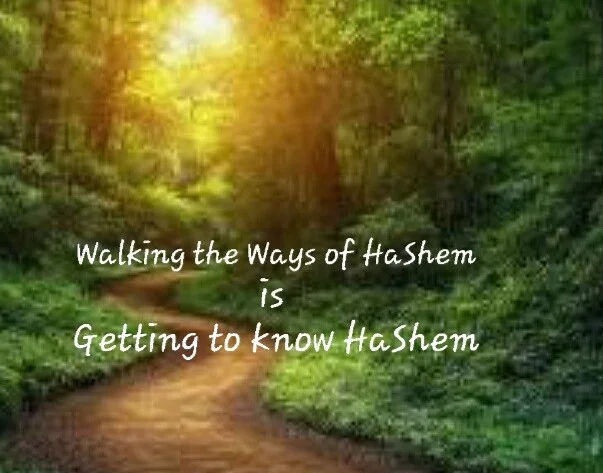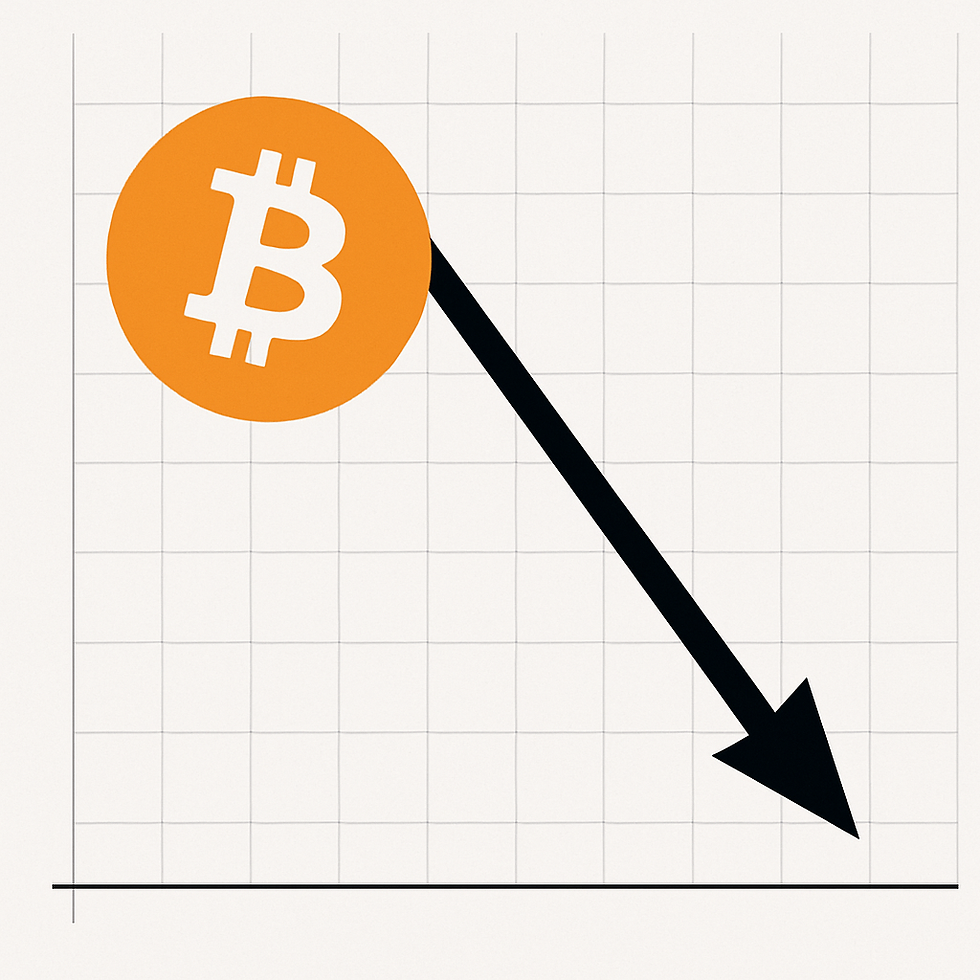Maoz Tzur
- WireNews

- Dec 9, 2022
- 5 min read
by Rabbi Jeremy Rosen

As children at Chanukah time, as we lit the candles we would sing “ Maoz Tzur Yeshuati, the cat’s in the cupboard and she can’t see me. How many kittens has he got? Ten or Twenty I forgot.”
Maoz Tzur Yeshuati translates as “The strength of my Rock ( referring to God of course) who saves me.” It is an anonymous poem that celebrates our survival from the Egyptians, Babylonians, Syrian Greeks, and Christians.
It was composed during the Crusades in Europe a thousand years ago. The first letters of the five verses make up Mordechai’s name in Hebrew ( who is the hero of the Purim story but here might just be the name of the composer). The controversial sixth verse, which starts with the letter Chet, may have been added later and does not appear in many versions. It could have been censored to avoid trouble with the Christian authorities, for it is aimed aggressively at Christianity. This is not surprising if it was written during the Crusades and when they burned Jews’ books, and massacred thousands in Northern Europe. It also explains why it was not accepted by the Sephardi world until much later and even then, not as universally as by the Ashkenazis.
We normally think of Maoz Tzur as being directed at Pharaoh, Antiochus the Syrian Greek ( Alexander the Great was no enemy of the Jews) But the text makes it clear that it is referring to all of those who tried to destroy us. This is why it has been adopted so popularly in the Jewish world as we continue to face those who wish to eliminate us.
But in Central and Western Europe, most Jewish communities left out the last, the sixth verse precisely because of its wording. In Europe, in general, Jews have been highly sensitive to Christian sensibilities. And anti-Semites looked for any excuse in our liturgy to prove to their satisfaction how dangerous or vengeful we were.
Here is a translation of the poem.
O Fortress, Rock of my salvation, it is a delight to offer to You praise. Restore the house of my prayers. And there we will offer thanksgivings. When you have destroyed the enemies that have attacked us, I will complete with song and psalm the dedication (Chanukah ) of your altar.
My soul has suffered so much evil, my strength has been sapped by sorrow. They (the Egyptians) embittered my life through slavery during my subjection to the dominion of the calf (Jeremiah 46:20). God with great power you have liberated the special people, while the host of Pharaoh and all his seed sank like a stone into the deep.
He brought me to His holy Temple, yet even there I found no peace. The oppressor came and exiled me because I had served strange gods. I had to drink the bitter wine and I almost vanished. When the might of Babylon ended after seventy years, Zerubbabel saved me.
The Agagite, Haman, the son of Hamdata, sought to cut down the lofty tree (Mordecai) Talmud Babli, Megillah, 10b. But his plan ensnared him, his pride was ended. You raised the power of Benjamin and blotted out the enemy’s name and his many sons were hung upon the gallows.
The Greeks gathered against me in the days of the Hasmoneans. They destroyed the walls of My tower and defiled all the oils. But from the last remaining flask, a miracle happened, and the wise men ( Sanhedrin) established these eight days for song and praises.
Reveal Your strength and bring us salvation. Avenge Your servants’ blood from the wicked nation. For we have waited a long time for salvation. Our pain seems never-ending. Cast the Red One ( Esau/Rome/Christianity) into the depths of darkness and bring us the Seven Shepherds (a Midrash that Adam, Seth, Methuselah, Abraham, Jacob, Moses, and David, will remove evil and oppression from the world).
Yes, it is particularly aggressive, and hardly surprising that some thought it was going too far in an alien world. But there is another example in our liturgy that was also thought to be offensive and was during the nineteenth-century self-censored in much of central and western Europe and the USA. It is the Aleynu prayer, one of the oldest, that comes almost at the end of each service.
It is our obligation to praise the Master of all, to ascribe greatness to the Creator of the beginning. For He has not made us like the nations of the lands and has not given us a fate like theirs or the other families of the earth. For they prostrate themselves to vanity and nothingness and pray to a god that cannot deliver. Whereas we prostrate ourselves and bow down and thank the Supreme King of Kings…He is our God.
This wording about bowing down to vanity and emptiness does mean to say that all other religions are false. It was directed specifically at pagan idolatry. It actually comes from The Book of Isaiah (45:20) written some 900 years before the appearance of Christianity. But in the light of modern paganism, it can still resonate today. And this is why in some communities that once removed it from prayer books, it has come back.
What these two liturgical pieces share, is that they were censored for fear of offending non-Jews in an oppressive Christian world. Many leaders of the more assimilated German communities were highly sensitive and thought this would make them more acceptable and civilized. Yet ironically, they too suffered at the hands of their enemies. And censoring did little good.
Anti-Semitism is now fully exposed and growing exponentially throughout the so-called civilized western world. In the USA the past month has seen over a 100% rise in recorded anti-Semitic crimes, the largest increase since records were kept. This is all the more reason to celebrate Chanukah and sing Maoz Tzur at a time when we are much better able to defend ourselves and refuse to take anti -Judaism lying down. Those who refuse to recognize the reality today are repeating lessons they should by now, have learned.
###
Jeremy Rosen was born in Manchester, England, the eldest son of Rabbi Kopul Rosen and Bella Rosen. Rosen's thinking was strongly influenced by his father, who rejected fundamentalist and obscurantist approaches in favour of being open to the best the secular world has to offer while remaining committed to religious life. He was first educated at Carmel College, the school his father had founded based on this philosophical orientation. At his father's direction, Rosen also studied at Be'er Yaakov Yeshiva in Israel (1957–1958 and 1960). He then went on to Merkaz Harav Kook (1961), and Mir Yeshiva (1965–1968) in Jerusalem, where he received semicha from Rabbi Chaim Leib Shmuelevitz in addition to Rabbi Dovid Povarsky of Ponevezh and Rabbi Moshe Shmuel Shapiro of Yeshivat Be'er Ya'akov. In between Rosen attended Cambridge University (1962–1965), graduating with a degree in Moral Sciences.








